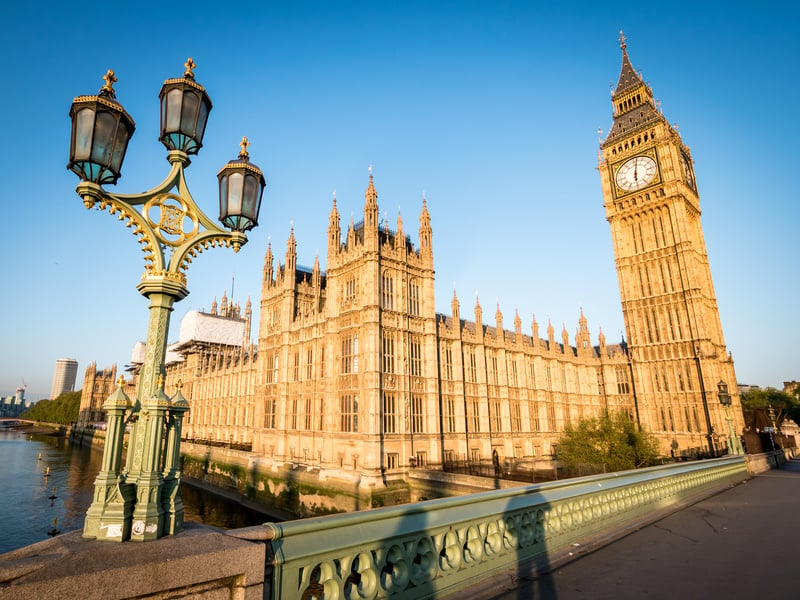In brief On 10 March 2021, the European Parliament adopted a legislative initiative report (504 votes in favour, 79 against and 112 abstentions) setting out recommendations to the European Commission (EC) on corporate due diligence and accountability, including a draft directive. The report proposes the introduction of a mandatory corporate due diligence obligation…
On 10 December 2020, the European Commission published its proposal for a new Sustainable Batteries Regulation (“Regulation”), as part of its wider strategy for a climate-neutral, resource-efficient EU economy. The draft legislative proposal aims to ensure that all batteries placed on the EU market are sustainable, circular and safe, by introducing specific requirements across different stages of the product life cycle as well as new CE marking requirements for batteries. It represents a sweeping overhaul of the existing regulatory framework for batteries in the EU, with potentially significant implications for manufacturers, producers, importers and distributors of batteries and products containing batteries.
Our lawyers present a session on Supply Chain: Environmental and Human Rights Due Diligence as part of our 2021 Global Trade & Supply Chain Webinar Series.
Our lawyers present a session on Supply Chain: Environmental and Human Rights Due Diligence as part of our 2021 Global Trade & Supply Chain Webinar Series.
On 5 January 2021 the European Commission (“Commission“) published the roadmap for the upcoming consultation on the EU’s “strategy for sustainable textiles”. The textile sector was previously identified as a priority sector in the European Green Deal, the Circular Economy Action Plan and the Industrial Strategy where the EU seeks to…
On 24 December 2020, the UK Government reached an agreement with the EU on the highly anticipated Trade and Cooperation Agreement (TCA). The TCA was ratified by the UK Parliament on 30 December 2020 and will be applied provisionally in the EU from 1 January 2021, pending ratification by the EU Parliament in early 2021.
The TCA contains minimal provisions to enable the UK and EU to cooperate on the regulation of products placed on both markets and therefore most businesses will need to address EU and UK product compliance separately.
Four and a half years after the UK voted to leave the EU, a deal between the UK and EU was finally reached. The expiry of the transition period on 31 December 2020 marks the start of a new relationship between the UK and the EU. We have identified the…
Our market-leading UK trade and competition team will share their insights from 26 January – 3 February 2021 as we discuss the impact of the new UK-EU arrangements and adapting your business to the global realities post-Brexit. Full information about these sessions can be found here. Customs and Product Regulation…
Food labelling changes postponed until 1 October 2022 for foods sold in Great Britain; Northern Ireland will continue to follow the EU rules for food labelling. On 12 October 2020, the UK government updated its guidance on the food and drink labelling rules applicable from 1 January 2021. Previous guidance…
Products and services that are marketed as “eco-friendly” will be subject to a recently launched probe by the UK Competition and Markets Authority (CMA). This is a rapidly growing sector — UK consumers spent GBP 41 billion on ethical goods and services in 2019, according to the CMA — and the credibility of claims on sustainability can be fundamental to brand value. A regulatory finding that such claims are false or misleading could prompt litigation by consumers that purchased the products based on those claims, as well as by shareholders impacted by a drop in share value caused by negative publicity.









